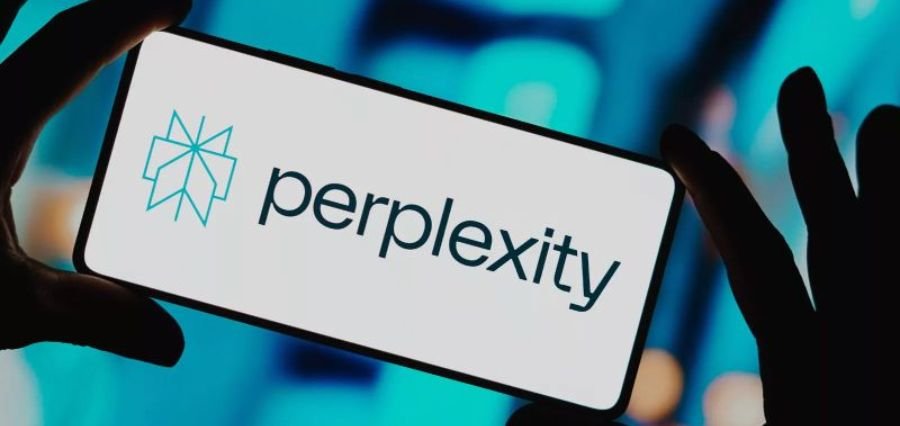Prime Highlights
- Perplexity AI startup has hit a valuation of $14 billion, becoming a possible “Google killer.”
- Apple and Meta, tech giants, have apparently considered buying the firm.
Key Facts
- Perplexity is an “answer engine” that uses AI and gives direct, footnoted answers rather than listing search results.
- The site summarizes live web content and builds user trust via quoted sources.
- Its fast growth and large valuation underscore accelerating interest in AI substitutes for Google Search.
Key Background
Perplexity, an artificial intelligence startup based in Silicon Valley, is causing a stir in the technology world with a revolutionary valuation of $14 billion that has raised eyebrows as a credible threat to Google’s dominance of the search engine market for decades. Unlike conventional search engines that yield a list of links to websites, Perplexity uses generative AI to give direct, clear answers complete with footnotes and links to sources—creating what it dubs an “answer engine.”
The site is based on a straightforward idea: as users pose a question, Perplexity retrieves the most pertinent information from the internet and provides a concise, human-sounding answer directly answering the question. This technology is intended to minimize the time consumers spend browsing links and maximize trust through citing sources—the usual criticism of other AI tools. In doing so, Perplexity combines the best of search engines and AI helpers.
Perplexity’s attractiveness has not been lost on other companies. Sources say Apple and Meta have both explored the possibility of buying the firm, citing its strategic value in an increasingly AI-driven market. For the tech powerhouses, control of a platform like Perplexity would provide a useful alternative to Google’s dominant search apparatus and help them gain ground in the battle to own AI integration across devices and platforms.
But though its rise was meteoric, Perplexity has its shortcomings. Critics say that its fundamental purpose—summarizing already available online material—does not represent a fundamentally new technology. They propose that its aspect of novelty is not in capability but in presentation, as other AI platforms have the same features without similar publicity.
Nevertheless, Perplexity’s success is part of a larger trend of changing user expectations: they want faster, cleaner, and more trustworthy information. Its model leverages this by simplifying the search-response process. Whether Perplexity can keep its momentum going, grow sensibly, and actually upset a giant like Google remains to be seen. But for the time being, it is an inspiring demonstration of how AI is changing the way we look for and access information online.




